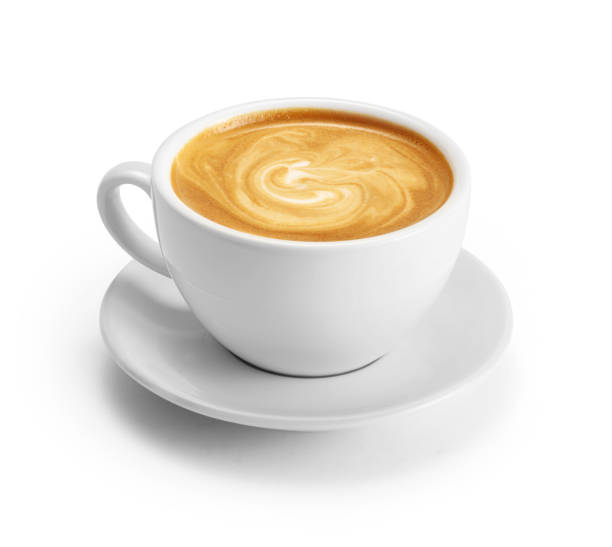
Regular coffee consumption may help lower blood pressure —Study
odiq Ojuroungbe
A new study has suggested that people who drank two or more cups of coffee per day had significantly lower systolic blood pressure than those who did not.
The World Health Organisation described hypertension also called high or raised blood pressure, as a condition in which the blood vessels have persistently raised pressure.
The global health organisation acknowledged that hypertension is a serious medical condition that can raise the risk of developing heart, brain, kidney, and other diseases, adding that it is a leading cause of premature death globally, affecting up to 1 in 4 men and 1 in 5 women, or more than a billion people.
However, a recent study reported by Medical News Today found a correlation between regular coffee consumption and reduced blood pressure across a number of measurements.
The study, which was published in MPDI Open Access Journals, also found a link between drinking more cups and lower peripheral pulse pressure (PP), among other blood pressure measurements.
The new study evaluated the health data from 720 men and 783 women from the Brisighella Heart Study (BHS), a study that began in 1972 and involves the rural population of Brisighella, a small town in Northern Italy.
The study clinically assessed the participants every four years. In their analyses, the researchers compared various measures of blood pressure with self-reported coffee consumption.
At the end of the clinical trial, the researchers discovered that those who drank two cups of coffee per day or more than three cups had significantly lower systolic blood pressure than non-coffee drinkers.
The researchers, led by Prof. Arrigo Cicero of the University of Bologna in Italy, noted that while caffeine may raise blood pressure, the number of bioactive substances in coffee appears to balance this effect, resulting in a final neutral-to-positive effect on blood pressure.
The researchers also revealed that one of the primary compounds responsible for the potential BP-lowering effect of coffee is chlorogenic acid, which is the most concentrated polyphenol in coffee beans and for which the bioavailability is inversely proportional to the coffee bean roasting time.
They noted that Quercetin, even if characterised by low bioavailability, could also contribute to the positive vascular effect of coffee.
Reacting to the study in a chat with Medical News Today, Dr. Yu-Ming Ni, a cardiologist at MemorialCare Heart and Vascular Institute at Orange Coast Medical Center in Fountain Valley, Califonia, United States, said those drinking two cups of coffee had 5-point lower blood pressure on average than those who didn’t drink coffee.
He said, “The effect was higher for those drinking more than 3 cups of coffee, with a 9-point lower blood pressure on average compared to those who didn’t drink coffee. This trend towards lower blood pressure with more coffee consumption persisted for different types of blood pressure measurements, including an estimate of a more reliable blood pressure measurement called central blood pressure.
“A recent meta-analysis of four similar studies demonstrated similar findings, so this study adds to an existing body of evidence suggesting a relationship between more coffee intake and lower blood pressure.”
The founder of Manhattan Cardiology, Medical Offices of Manhattan, and co-founder of LabFinder, Dr. Robert Segal, also told Medical News Today that regular coffee consumption can result in a slight drop in blood pressure, even though caffeine can momentarily raise blood pressure.
He said, “Caffeine in coffee can temporarily increase blood pressure by stimulating the sympathetic nervous system, but in the long term, regular coffee consumption can lead to a small reduction in blood pressure due to improved insulin sensitivity and antioxidant effects.”





